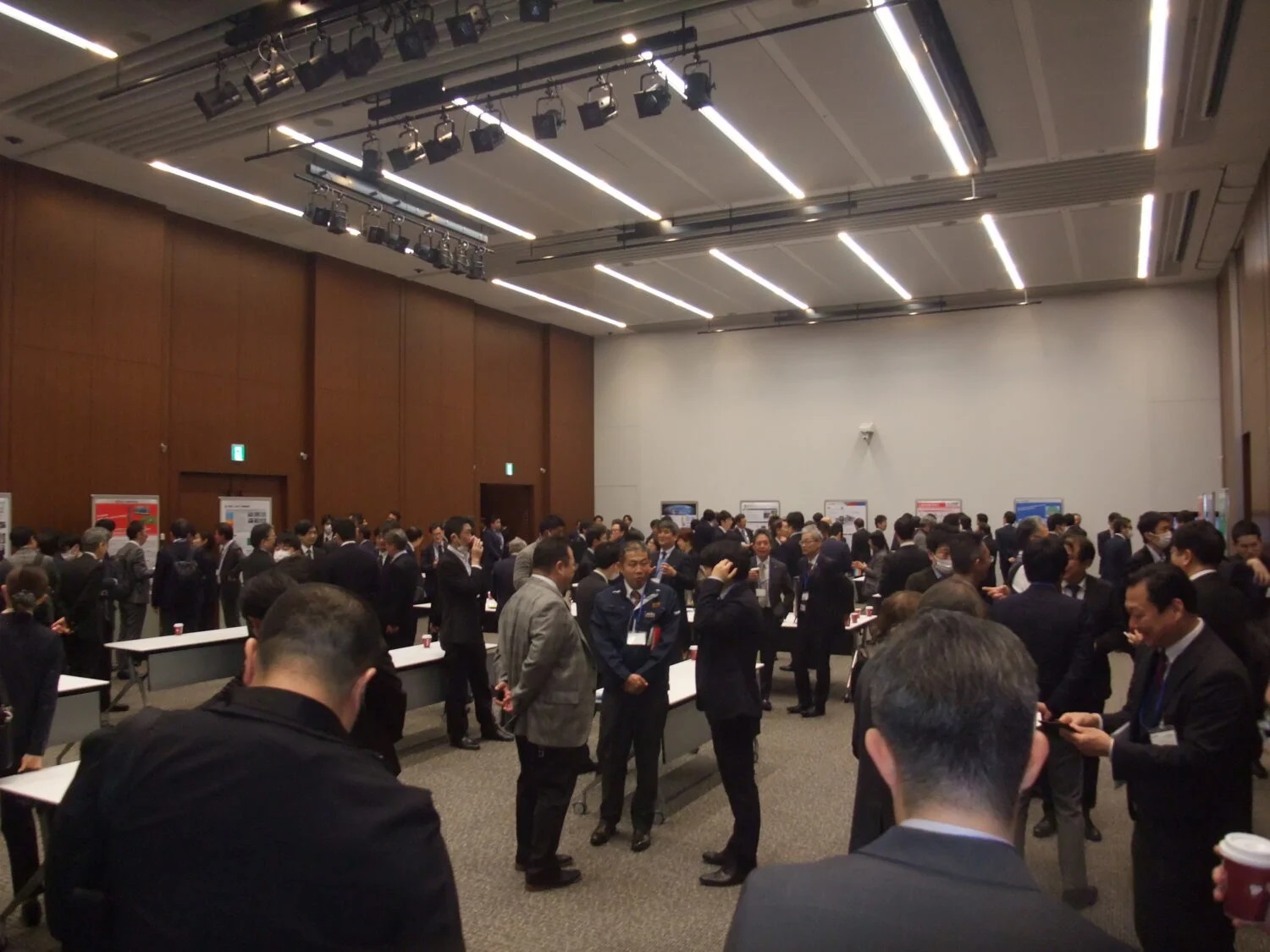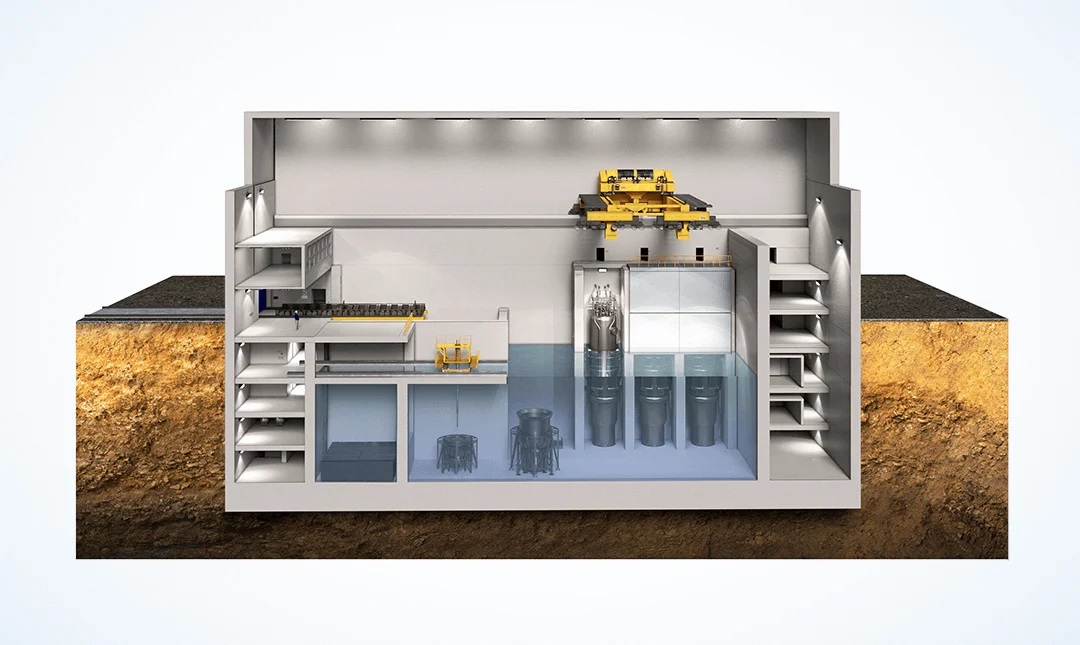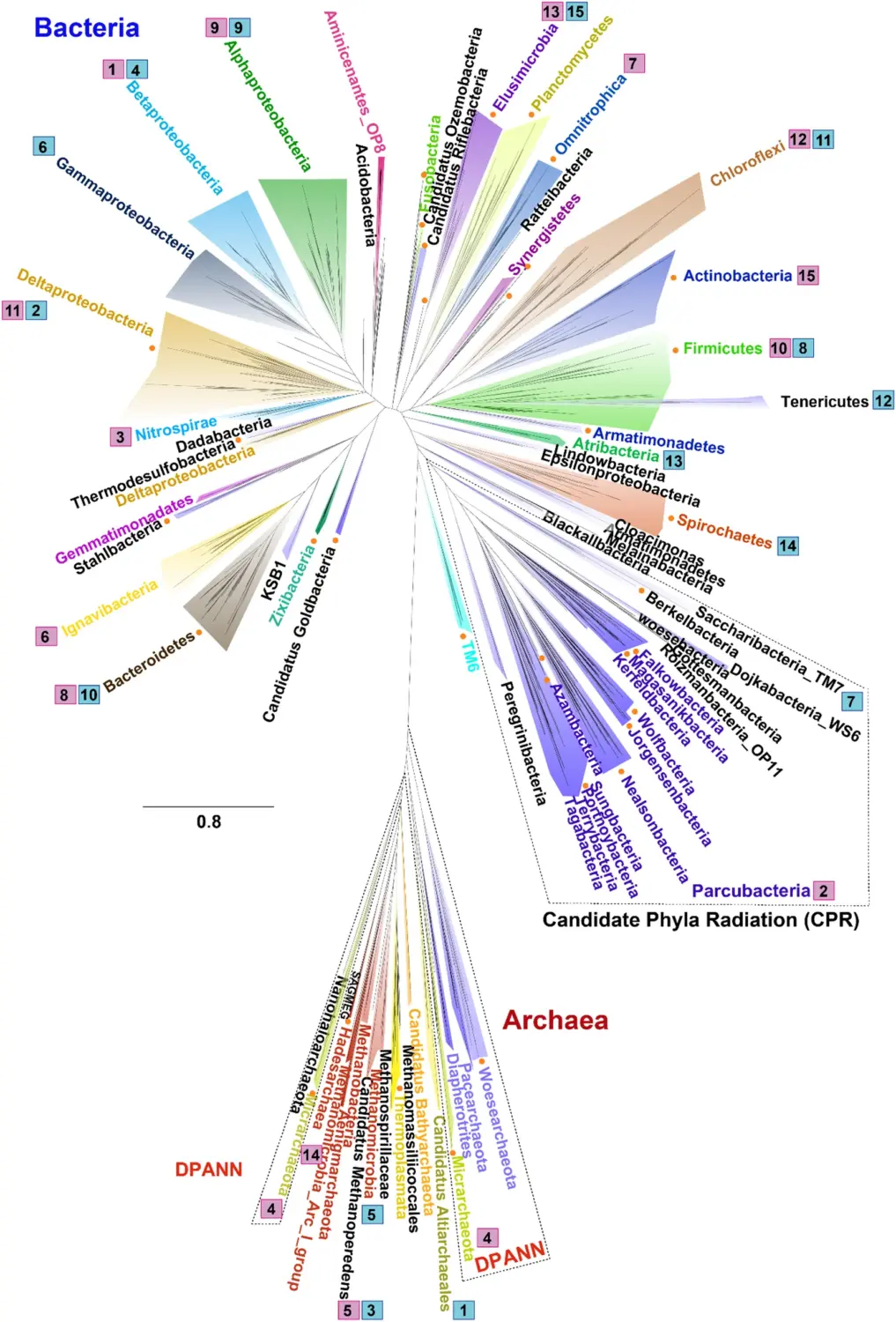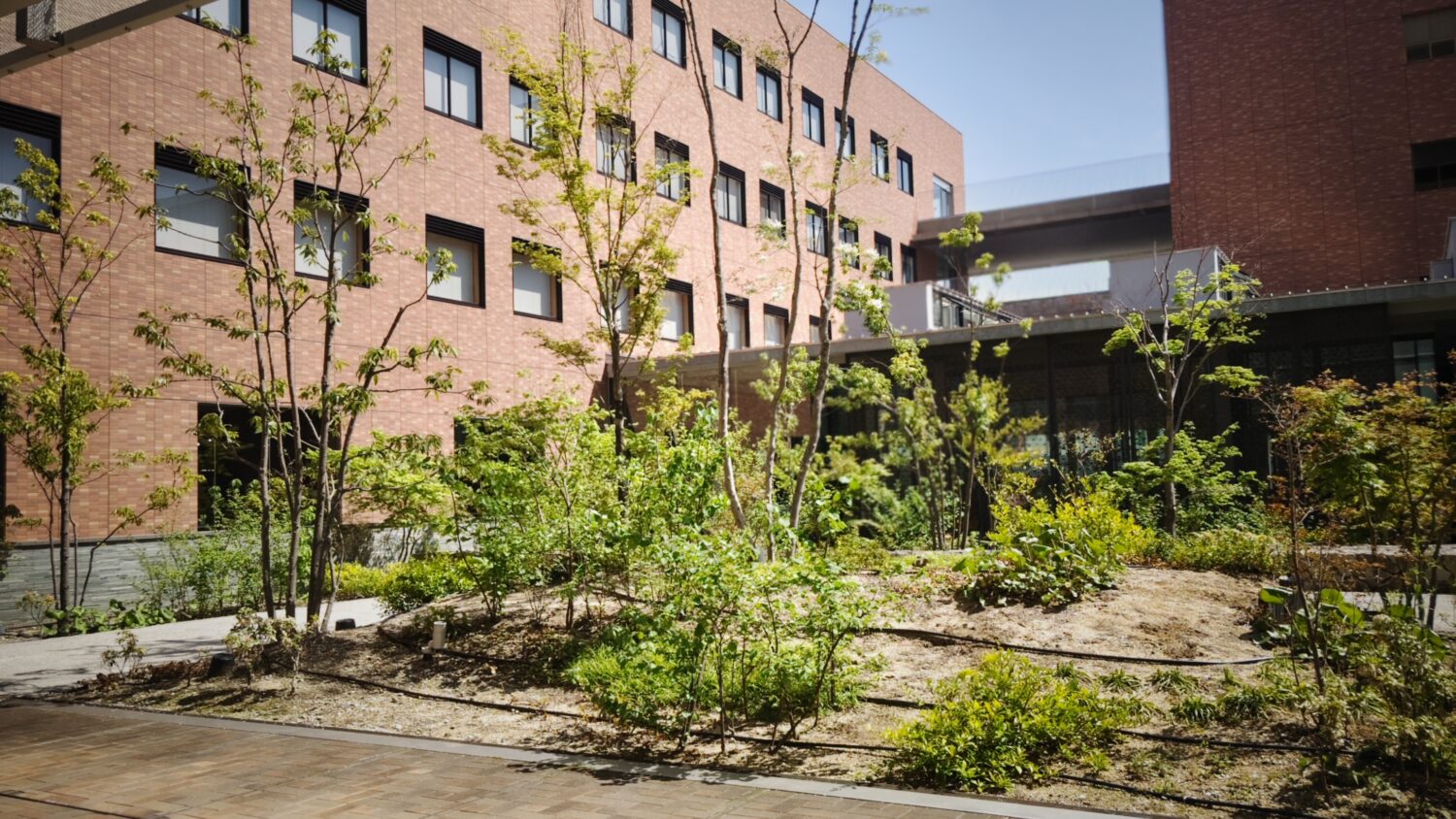Following a video message from METI Minister MUTO Yoji and a keynote presentation by ANRE commissioner MURASE Yoshifumi, there was a panel discussion entitled “Efforts to Strengthen Supply Chains.” The discussion was facilitated by KONDO Hiroko, CEO of Matrix K (an independent consulting firm in Tokyo).
In the first part of the panel discussion, representatives from Mitsubishi Heavy Industries (MHI) and Toshiba Energy Systems & Solutions (Toshiba ESS) gave respective presentations on the development of MHI SRZ-1200 and Toshiba ESS’s iBR, both advanced light water reactors (LWRs).
They were followed by a presentation made by a representative of Okano Valve Mfg. Co., a nuclear supply chain company, who explained his company’s activities. The firm, founded more than 90 years ago, now manufactures high-temperature, high-pressure valves, and has been working on the development of valves for next-generation advanced reactors since 2023.
For the latter part of the discussion, the Mitsubishi Research Institute (MRI) paired up with Japan Steel Works M&E (JSW M&E), and Hitachi-GE Nuclear Energy (Hitachi GE), with the Shikoku Electric Power Co., Inc., for presentations and discussions. Each pair introduced skill-training programs to maintain the personnel necessary for the construction of next-generation reactors and talked about initiatives to use AI at nuclear power plants (NPPs).
Speaking next, JAIF President MASUI Hideki reiterated the importance of securing human resources in manufacturing technology (monozukuri). Referring to JAIF’s events and approaches to students and young people, including its Nuclear Industry Seminar, he said that he hoped such activities and similar ones could result in “securing a diverse range of human resources.” He then talked about the significance of providing “opportunities for people to gather information directly and think about it themselves.”
Masui also stressed the need for “close cooperation between the private and public sectors and with academia to resolve supply-chain issues.” He expressed JAIF’s determination to continue its efforts in the areas of public information and information dissemination.
In his presentation, the JAIF president introduced a simulation—run by the Recruit Works Institute—of Japan’s labor supply-and-demand simulation in the future. Pointing to a predicted shortage of 11 million workers in Japan overall by 2040, he said that “comprehensive measures will be necessary to resolve the contradiction between a declining population and an increasing amount of work.”
According to the simulation, the regional differences Japan will be glaring. In Tokyo, for example, the labor shortage will be -8.8%, i.e., a negative shortage, or an oversupply. Meanwhile, as for municipalities hosting NPPs, shortages will be as high as 34.4% in Niigata Prefecture (the worst nationally) and as low as 0.9% in Shimane Prefecture, where employment rates for women are relatively high.
The number of member companies in the Nuclear Supply Chain Platform (NSCP)—established when the first supply chain symposium was held in March 2023—is now about 200. Around 20 companies in the platform took part in the poster session between the first and second parts of the panel discussion.
At the conclusion of the panel session, Director ARIBAYASHI Koji of MEXT’s Atomic Energy Division, Research and Development Bureau offered comments on behalf of the government. Regarding the poster session—where there had been fruitful exchanges across various business sectors—he noted “how hard it is” for companies in Japanese industries to hire and keep young personnel. He proposed, for internal company education, the utilization of Open Educational Resources (OER), a system developed by Hokkaido University and available to anyone online.
Next, Director KICHISE Shusaku of ANRE’s Nuclear Energy Policy Planning Division, speaking about the outlook for the development of business by Japanese firms overseas, said, “The starting point is showing young people a bright future, so as to ensure a smooth handover to the next generation and let them take on new challenges.” He also suggested the need to boost cooperation between the public and private sectors and with academia.
A week and half later, a t a regular press conference on March 14, Chairman HAYASHI Kingo of the Federation of Electric Power Companies of Japan (FEPC) drew a connection between the symposium and the newly approved Strategic Energy Plan, saying, “Importantly, the national government needs to establish specific targets for the development and construction [of NPPs] to maintain nuclear supply chains, not just to create foreseeability in related businesses, but also from the viewpoint of maintaining technology and human resources.” He went to say, “The construction of new and replacement reactors will be necessary at some future stage for nuclear energy to be used sustainably.”


-1.png)









